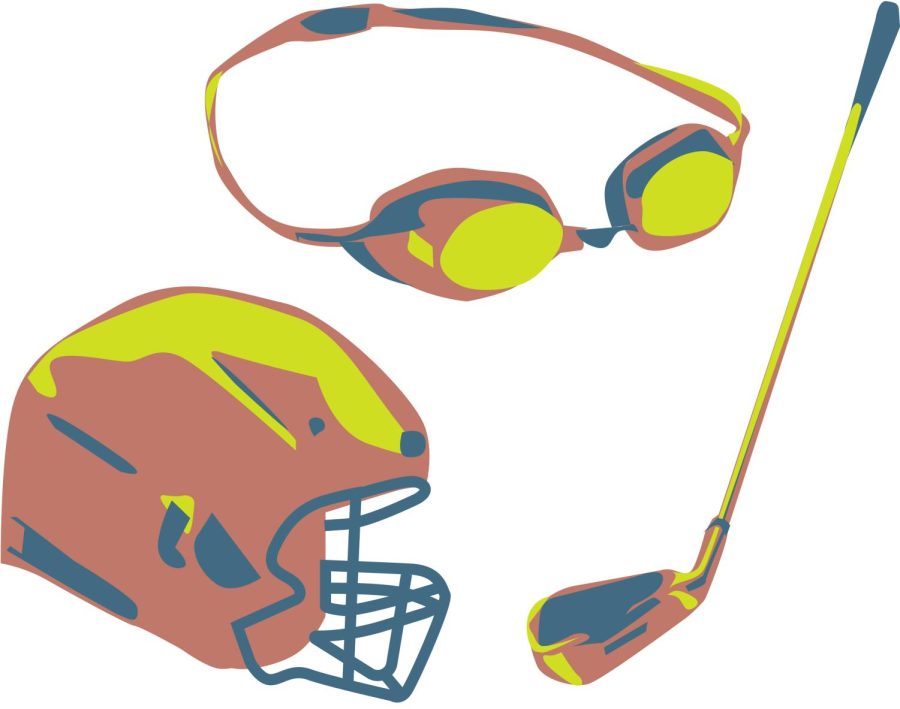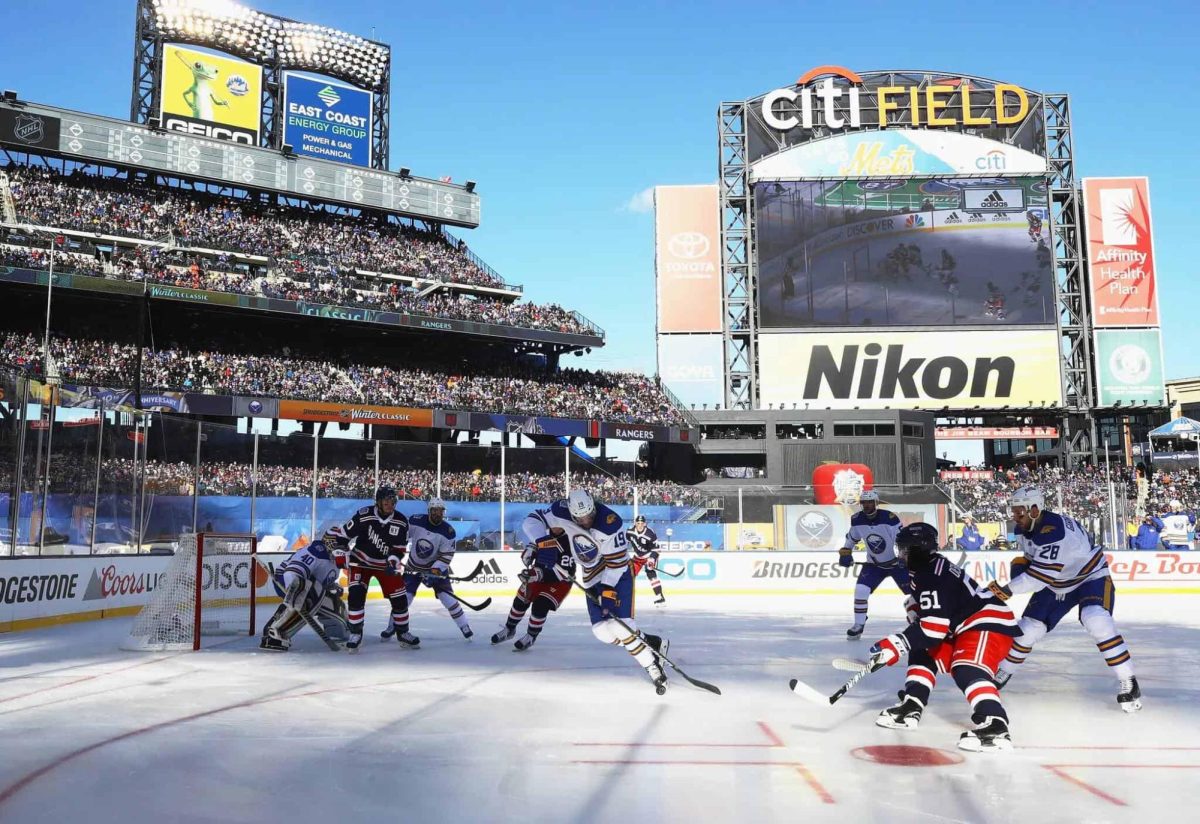Balancing Life as a Student-Athlete
(Graphic by Claire Peterson | The Daily Utah Chronicle)
October 3, 2021
My alarm goes off at 5 a.m. I struggle to find my phone as it keeps ringing, wanting to hit that snooze button for the extra nine minutes.
My body is sore and tired but it’s part of the job, the “grind,” as athletes call it.
Six days a week of practice, working out, team building, rehab, travel, competing, weekly meetings and on top of all that, school. The schedule is the same every day, which can be tiring considering there is not much variety. We normally see the same buildings and people, and have an idea of what to expect from those around us. When putting in the hours, it can seem like there is not a lot of time for other activities.
This raises some questions like, how do you find a balance between athletics, school and maintaining a social life? How can you find out who you are outside of athletics, which has played a large role in every athlete’s life? How can an athlete become involved in the community and find other outlets? How can an athlete find joy in their sport when nothing feels like it is working out whether it is a lack of playing time or an injury?
These are a few questions that I think about to try to become more than a student-athlete.
Student-athletes are good in chaos. They have to be good. There is no choice but to find a way to succeed and give yourself and your team the best chance in becoming successful. Athletes are taught to never show weakness or else their opponent will notice and use it against them. Your opponents smell your weakness; you do not want to show those around you that you have one.
Not only are you competing but you have to find ways to deal with the pressures of competing and practicing on a weekly basis while maintaining a certain GPA. Depending on your major, this can be stressful.
Another situation happens when an athlete becomes injured. When there is constant motion otherwise, how do athletes deal with the time that they are injured, when something unexpected comes up? Athletes also have to deal with the pressure of trying to make the starting lineup for competition as well as staying healthy. What about the thoughts that come up when an athlete is not performing the way they should be or expect themselves to be? These are just a few of the common situations most student-athletes deal with. Of course, there are also the situations that life throws at you just for being a human.
Athletes have to adjust and find a way to keep going. But when and where is the limit?
This is when mental health steps in and becomes a vital role in an athlete’s life. The stigma is starting to break among athletes, as more and more athletes and universities are talking about mental health. Athletes then have the opportunity to learn more about mental health and the struggles that they have — finding ways to cope with all of the stress and pressures that come with being a student-athlete as well as a human being.
When dealing with these pressures and expectations, what habits or exercises can athletes use in a productive way to build healthy habits, rather than to numb the frustration, overwhelming feelings and anxiety?
Many athletes have to find ways to compartmentalize their life to find balance. Some do this by hanging out with friends outside of athletics or being involved in activities that are unrelated to participating in athletics. Some athletes become involved in resources that the athletic department offers, where athletes from all sports come together and tackle social issues or ways to improve the athletics program. Some athletes become involved in religion or spiritual gatherings or services. Others talk to a sports psychologist to set up healthy goals. This may look like meditating every day or trying to write down daily goals.
When athletes are in season the balance becomes more lopsided. It consists of the pressures of competing, traveling and school work. Athletes need to find time to spend on other hobbies that are not related to sports or academics.
Most universities have resources available to student-athletes and have built a support system for athletes to understand their mental health and ultimately perform better.









